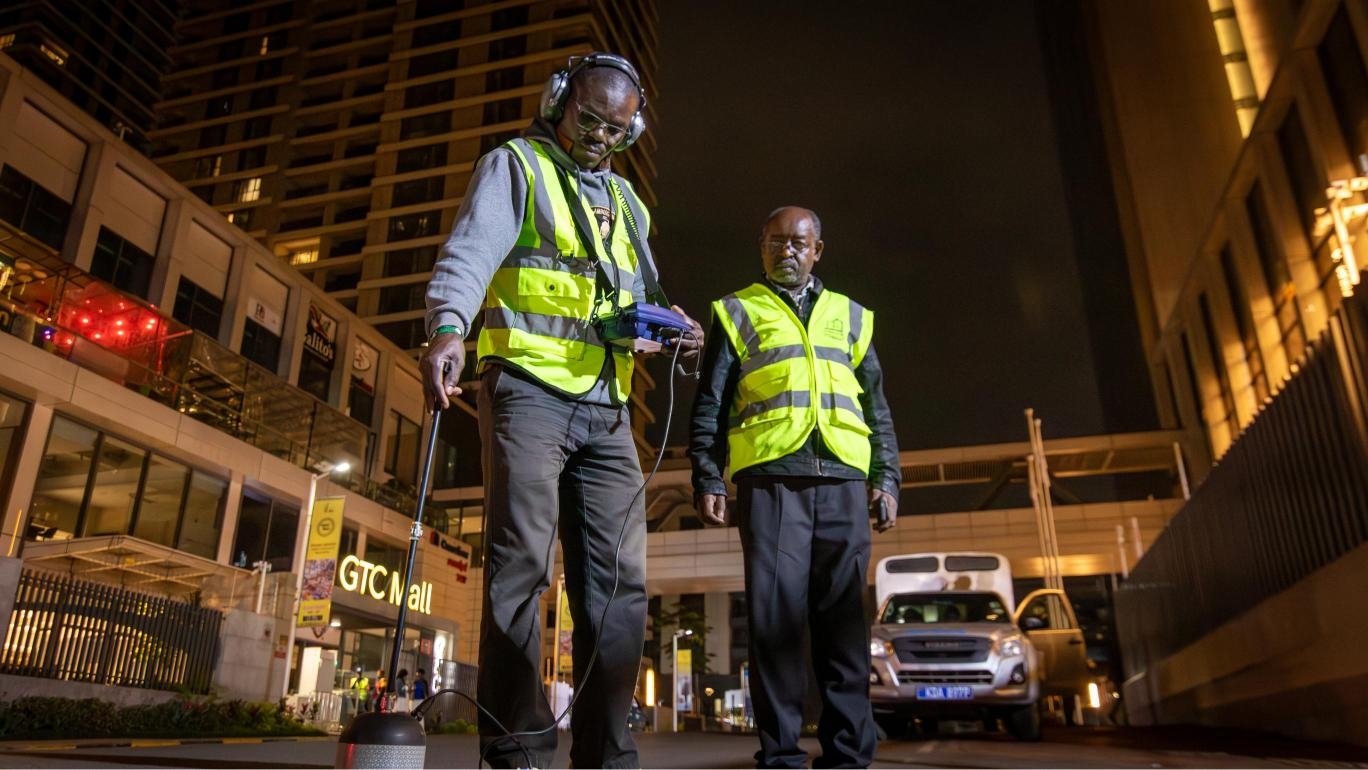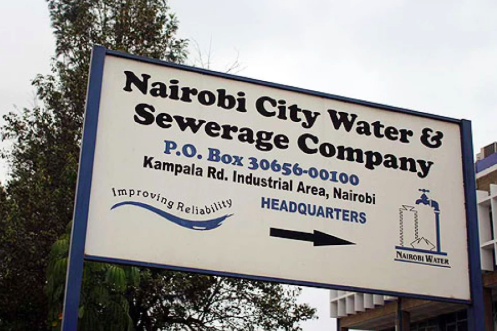

Water services in Nairobi are soon going digital in a bid to improve efficiency and cut corruption.
Already, Nairobi City Water and Sewerage Company has fully digitised its customer onboarding, billing and application processes, marking a major shift in operations.
Under the new system, new connections are applied for exclusively through an online portal and billing is issued via email and SMS.
According to NCWSC acting managing director Martin Nang’ole, the move eliminates paperwork, shortens queues and speeds up turnaround times.
He added that the transition helps improve efficiency, reduce losses and enhance convenience for customers.
The digitisation push comes against the backdrop of Nairobi’s persistent non-revenue water (NRW) problem, which refers to water produced but not billed due to leaks, theft or faulty metering.
The Water and Sanitation Providers Association (Wasreb) estimates that Nairobi loses about Sh11.2 billion annually due to NRW.
Audit data underscores the severity of the situation.
A report by Auditor General Nancy Gathungu found in the most recent year, NCWSC produced 185.8 million cubic metres of water but billed only 90.4 million cubic metres, leaving more than half—about 51 per cent—unbilled.
The audit noted, “Even reorganising these assets will not address the liquidity position. The company must act on current liabilities and assets.”
While revenues have grown from Sh8 billion to nearly Sh12 billion, the Auditor General warned that poor debt recovery and inefficiencies have left the utility in a negative working capital position.
Nang’ole said NCWSC is pursuing a cost-reflective tariff through Wasreb, explaining that the current regime does not match the cost of service delivery.
Governor Johnson Sakaja, in remarks to senators, pointed to systemic issues such as outdated tariffs and unbooked water assets.
He said the company maintains major dams and networks that were never formally transferred to its books as required by the Water Act.
Sakaja said the county is prioritising a revenue monitoring unit, improved meter reading and a credit control team to authenticate debts, especially those outstanding for more than 480 days.
The report to the Senate Public Investment Committee was accompanied by Sakaja’s revelation that 51 per cent of Nairobi’s water is classified as non-revenue water, either lost through leakages or consumed without billing.
This followed the Auditor General’s report in July, showing the county water company’s financial struggles are compounded by inefficiencies, outdated tariffs and unaccounted-for infrastructure. The NRW loss far exceeds the 25 per cent limit set by Wasreb.
The audit placed the financial value of unbilled water at about Sh10.95 billion for the period.
A broader sector audit covering 76 water companies revealed combined NRW losses of Sh15.9 billion in the year to June 2023.
Nairobi Water was identified as one of the hardest hit, with illegal connections, old metering systems, leaks and flat-rate billing cited as contributing factors.
Beyond digitising billing and applications, NCWSC has deployed automated meter reading systems and a GIS-based asset management platform.
These tools are intended to help the utility detect leaks, bursts and other infrastructure issues in real time, strengthening its ability to respond quickly.
NCWSC believes the digital shift will also make it easier for developers and investors to obtain water connections, with online applications removing manual bottlenecks and reducing delays for real-estate projects and business investors.
Nang’ole said the system supports faster approvals and more predictable outcomes, which is particularly helpful in construction and development licensing.
The digitisation programme coincides with a government-backed investment of Sh1.6 billion in Nairobi’s water infrastructure, aimed at improving supply reliability for more than 200,000 residents and businesses, especially in the Central Business District and surrounding areas.
NCWSC says combining digitised billing, automated metering and infrastructure upgrades will improve financial performance and strengthen transparency and accountability.
Instant analysis
The utility serves more than 4.5 million people in Nairobi and the transition marks a significant step in modernising operations and reducing losses as the city moves toward a more technology-driven water management system.





![[PHOTOS] Betty Bayo laid to rest in Kiambu](/_next/image?url=https%3A%2F%2Fcdn.radioafrica.digital%2Fimage%2F2025%2F11%2F3b166e2e-d964-4503-8096-6b954dee1bd0.jpg&w=3840&q=100)








